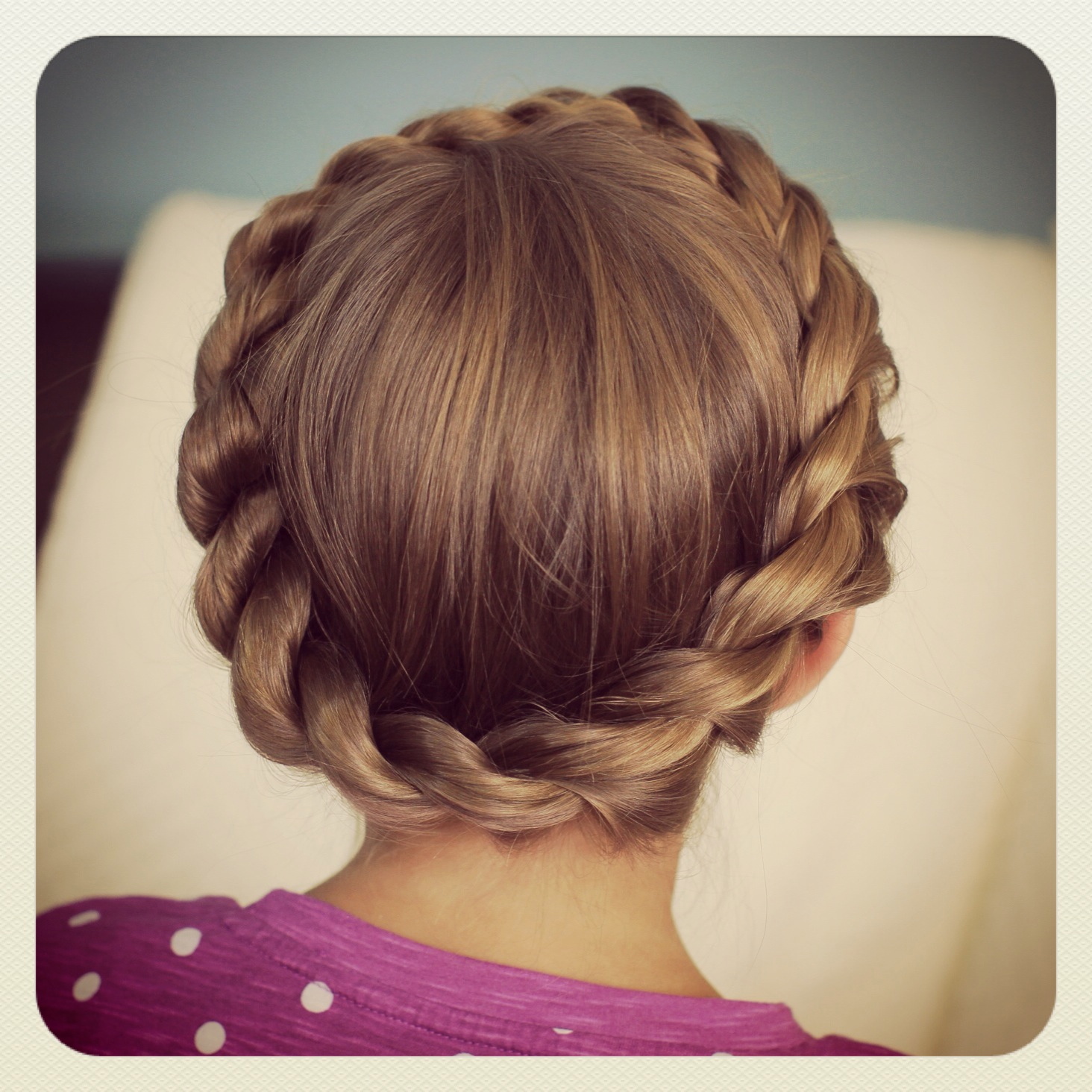Plaits and twists are more than just hairstyles; they are a form of self-expression and a way to embrace cultural heritage. In this comprehensive guide, we will delve into the history, techniques, and styles of plaits and twists, providing you with everything you need to know to master these beautiful hairstyles. Whether you're a beginner looking to learn the basics or a seasoned stylist seeking new inspiration, this article covers it all.
From the intricate patterns of traditional braiding to modern interpretations, plaits and twists have played a significant role in various cultures around the world. Their versatility makes them suitable for any occasion, from casual outings to formal events. In this article, we will explore the different types of plaits and twists, provide step-by-step tutorials, and share tips on how to care for your braided hairstyles.
Join us as we embark on a journey through the world of plaits and twists, celebrating their beauty and significance. With practical advice, expert techniques, and stunning visuals, you'll be inspired to try something new and creative with your hair.
Table of Contents
- 1. The History of Plaits and Twists
- 2. Different Types of Plaits and Twists
- 3. Techniques for Braiding
- 4. Popular Styles of Plaits and Twists
- 5. Caring for Braided Hair
- 6. Frequently Asked Questions
- 7. Conclusion
1. The History of Plaits and Twists
Plaits and twists have a rich history that dates back thousands of years. In many cultures, these hairstyles were not merely aesthetic but were also used to convey social status, tribal affiliation, and even marital status. Ancient Egyptians, for example, adorned their heads with elaborate braids that were often decorated with beads and gold. In Africa, braiding is an art form that carries deep cultural significance, with different styles representing various ethnic groups.
Throughout history, plaits and twists have evolved, influenced by cultural exchanges and the globalization of fashion. Today, they are embraced by people worldwide, transcending cultural boundaries and becoming a popular choice for all hair types.
2. Different Types of Plaits and Twists
2.1 Plaits
Plaits, commonly known as braids, can be styled in numerous ways. Here are some popular types:
- Three-Strand Braid: The most basic form of braiding, involving three sections of hair.
- French Braid: A classic style that adds hair from the sides as you braid, creating a beautiful, woven appearance.
- Fishtail Braid: A unique braid formed by taking small sections from each side and crossing them over the center.
- Dutch Braid: Similar to the French braid but created by crossing the strands under instead of over, resulting in a raised effect.
2.2 Twists
Twists are another popular form of plaiting, often used for natural hair. Here are some common types:
- Two-Strand Twist: A simple technique where two sections of hair are twisted around each other.
- Senegalese Twists: A method that involves using two strands of hair but incorporates additional hair for length and thickness.
- Havana Twists: Similar to Senegalese twists but using thicker hair extensions for a fuller look.
3. Techniques for Braiding
3.1 Basic Braiding Technique
To create a basic braid, follow these simple steps:
- Start with clean, detangled hair.
- Divide the hair into three equal sections.
- Cross the right section over the middle section.
- Cross the left section over the new middle section.
- Repeat until you reach the end of the hair, then secure with a hair tie.
3.2 Advanced Braiding Techniques
For those looking to elevate their braiding skills, consider these advanced techniques:
- Inversion: Incorporate a twist or flip at various stages of the braid.
- Waterfall Braid: A stunning style where strands drop out of the braid, creating a cascading effect.
- Box Braids: Individual plaits that can be styled in various ways and are often enhanced with extensions.
4. Popular Styles of Plaits and Twists
Plaits and twists can be styled in countless ways. Here are some popular styles to inspire you:
- Half-Up Half-Down Braid: A combination of braids and loose hair that offers a relaxed yet stylish look.
- Side Braid: A single braid that drapes over one shoulder, perfect for a casual day out.
- Updo with Braids: Create an elegant updo by incorporating braids into a bun or chignon.
5. Caring for Braided Hair
Caring for your plaits and twists is essential for maintaining healthy hair. Here are some tips:
- Keep your scalp clean and moisturized to prevent dryness.
- Avoid tight braids to prevent tension and breakage.
- Use a satin or silk scarf to protect your hair while sleeping.
- Limit the duration of time you keep braids in to prevent damage.
6. Frequently Asked Questions
Here are some common questions regarding plaits and twists:
What type of hair is best for braiding?
All hair types can be braided, but naturally curly and textured hair holds braids better.
How long can I keep braids in?
It's recommended to keep braids in for 4-8 weeks to avoid damage and allow your hair to breathe.
Can I wash my hair with braids?
Yes, you can wash your hair with braids, but be gentle and use a sulfate-free shampoo.
7. Conclusion
In conclusion, plaits and twists are beautiful hairstyles that offer endless possibilities for creativity and self-expression. From their rich history to modern-day styles, these braiding techniques are a testament to the artistry of hair styling. With the tips and techniques provided in this article, you're now equipped to explore the world of braids and create stunning looks that reflect your unique personality.
We encourage you to leave a comment below sharing your favorite braiding techniques or styles. Don't forget to share this article with friends who might also be interested in the art of plaits and twists. Happy braiding!
Thank you for reading! We hope to see you back for more insightful articles that inspire your hair journey.
Article Recommendations


